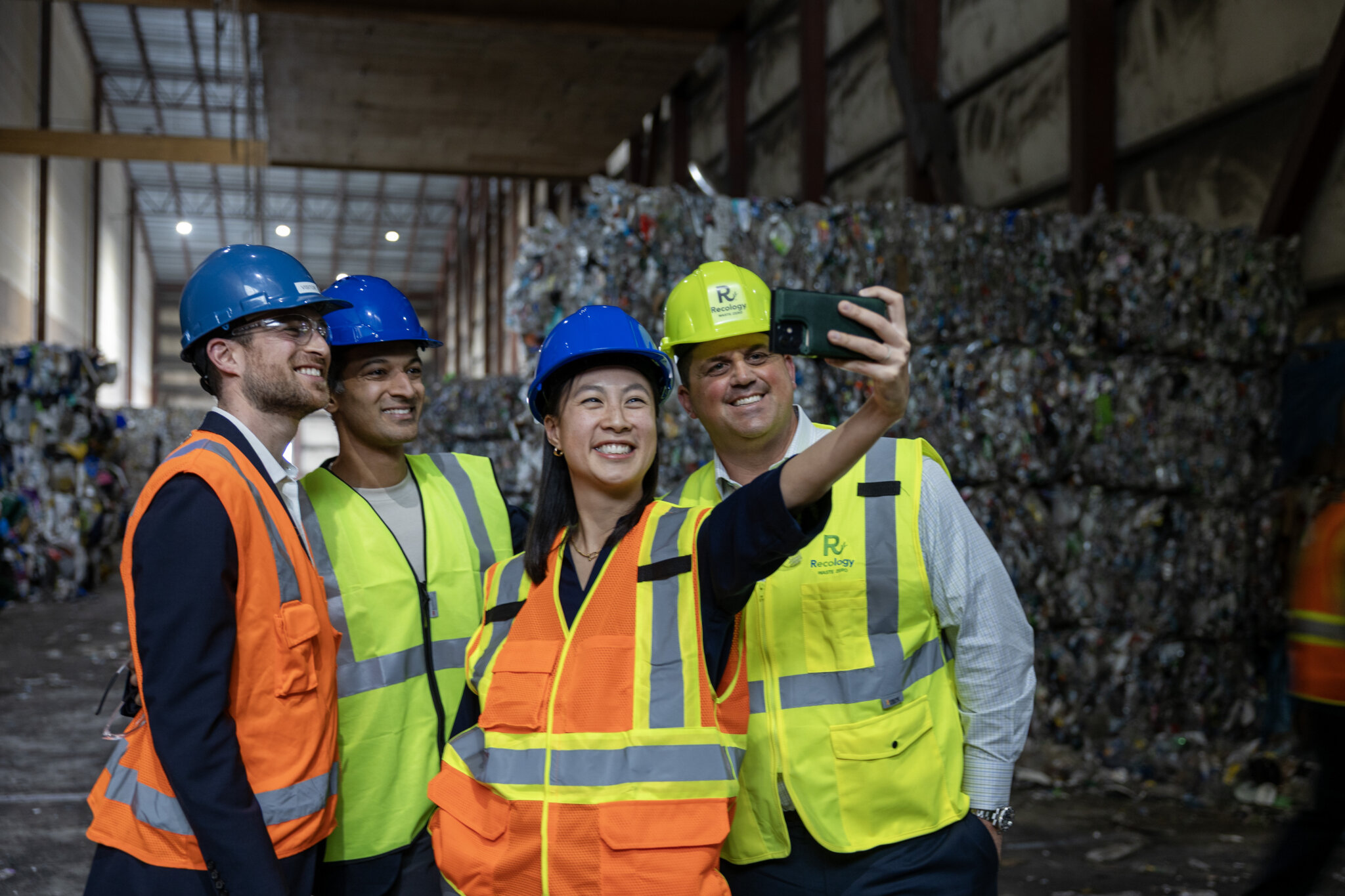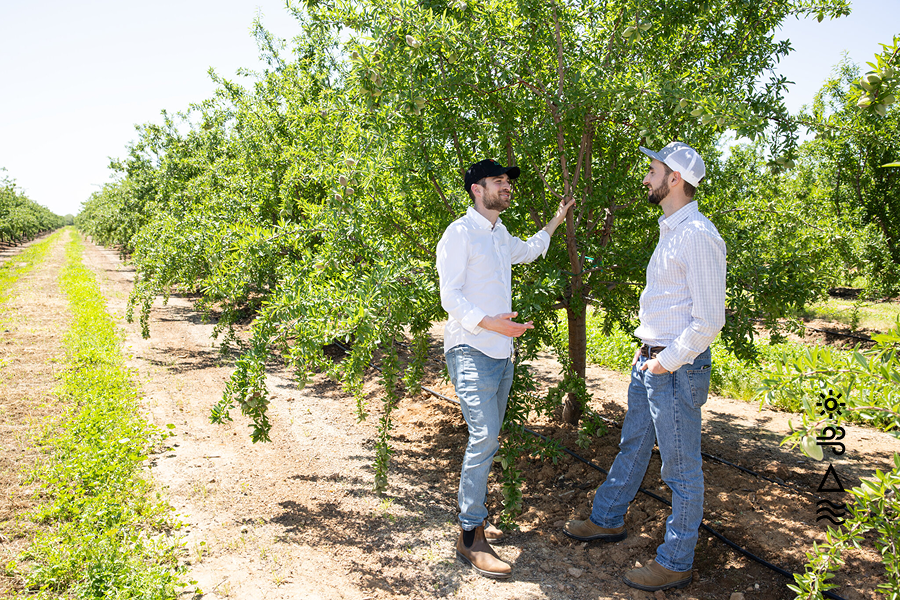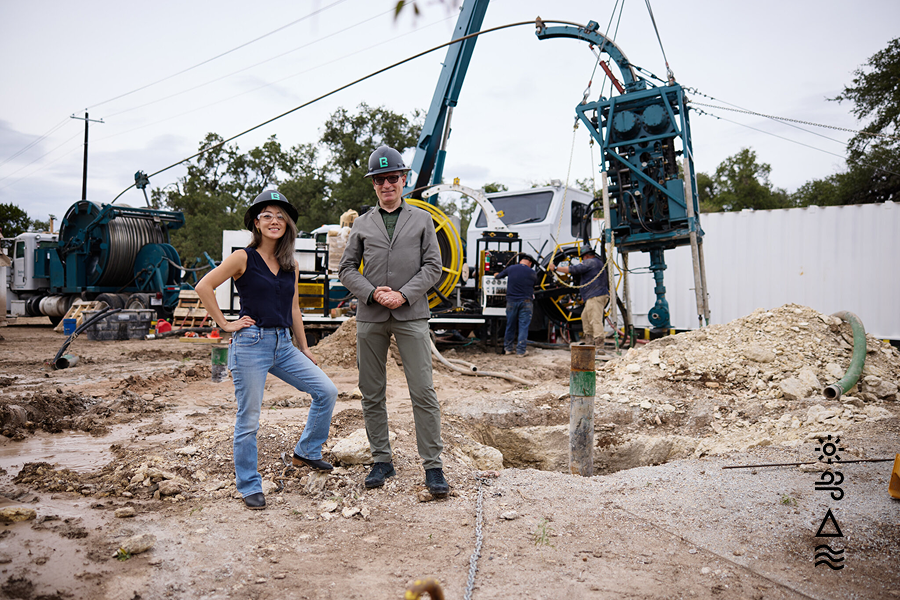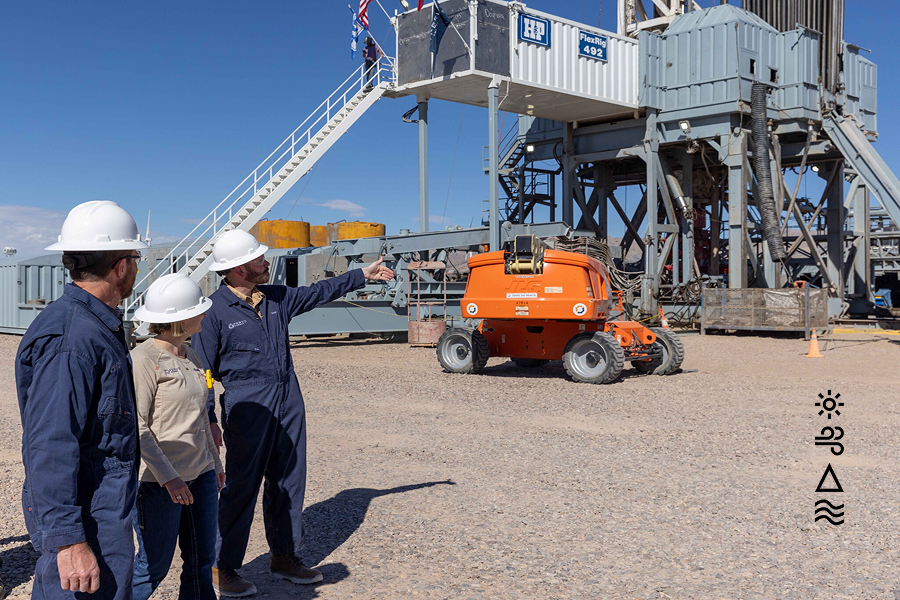
In Milford, Utah, Fervo is developing Cape Station, the largest enhanced geothermal development in history. Though the utility-scale plant is first-of-a-kind (FOAK), Fervo has already eliminated major technology risks, beating National Renewable Energy Laboratory (NREL) performance estimates by years and reducing costs below those of traditional energy sources and other forms of firm power such as nuclear and natural gas. With a proven development strategy and project economics, Fervo’s core focus is scaling operations. To address this, they partnered with Elemental to create the Geothermal Apprenticeship Program with Southern Utah University (SUU). This strategic collaboration helps Fervo build the skilled workforce pipeline needed to drive rapid growth, while ensuring that local communities in southwest Utah benefit from the rise of enhanced geothermal. Over time, the Cape Station development is expected to deliver:
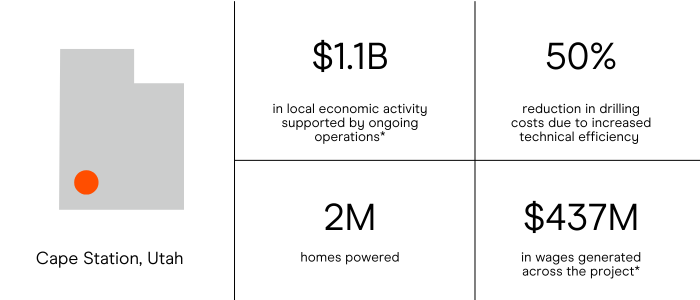
Unlocking Always-Available Clean Energy
Geothermal provides the 24/7 power essential for grid stability. The Department of Energy estimates enhanced geothermal systems could power 65 million American homes—equivalent to the combined population of California, Texas, and New York. With the explosive growth of artificial intelligence and massive data centers driving a 165% surge in global power demand by 2030, the demand for reliable, clean power generation has never been more urgent.
Fervo provides scalable and affordable geothermal power by eliminating the resource risks that plagued traditional geothermal. Led by CEO and co-founder Tim Latimer, who worked as an oil drilling engineer before founding Fervo, the company utilizes proven oil and gas technology – such as horizontal drilling and hydraulic fracturing – to dramatically increase the productivity and longevity of geothermal wells. While conventional geothermal projects often face declining output over time, Fervo’s wells maintain reliable production across their 30-year lifecycle—approximately double the productive lifespan of many traditional wells—reducing costs by as much as 50%. This model not only improves efficiency but also creates job opportunities for oil and gas workers capable of supporting the energy transition. Elemental recognized this potential and made an early investment to support Fervo’s growth.
Investing Strategic Capital and Expertise at Critical Moments
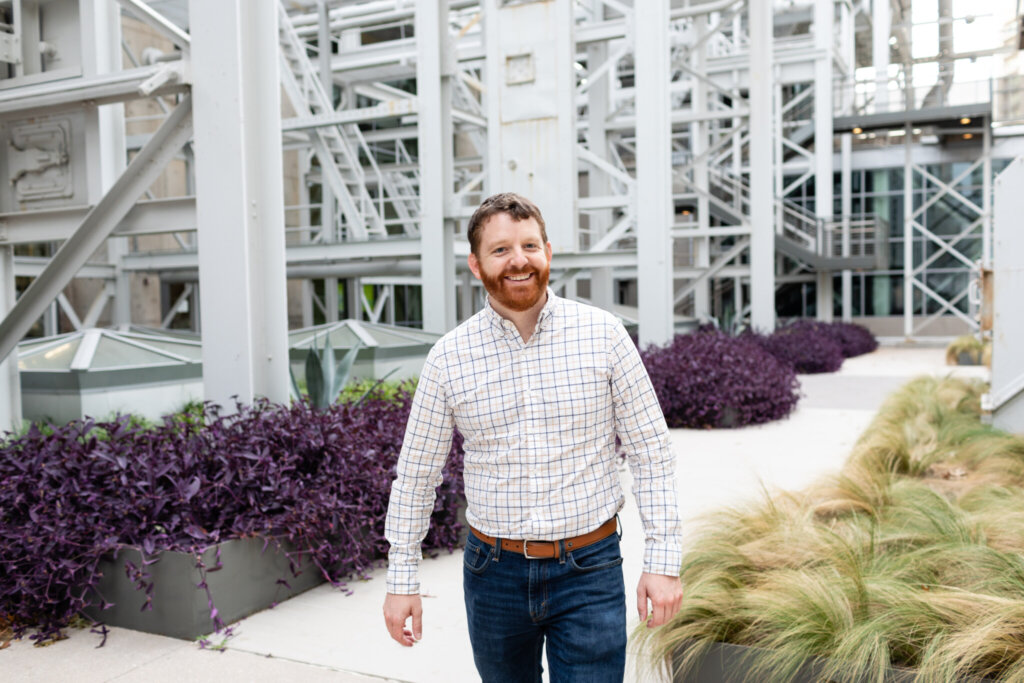 In 2020, Elemental made its initial investment in Fervo – one of dozens of FOAKs we’ve funded since 2009. Our thesis was twofold: advance carbon-free firm power for grid stability, and create pathways for skilled fossil fuel workers into clean energy jobs. This cross-industry innovation would dramatically lower costs while accessing previously untappable heat for power generation.
In 2020, Elemental made its initial investment in Fervo – one of dozens of FOAKs we’ve funded since 2009. Our thesis was twofold: advance carbon-free firm power for grid stability, and create pathways for skilled fossil fuel workers into clean energy jobs. This cross-industry innovation would dramatically lower costs while accessing previously untappable heat for power generation.
We worked with Tim and team to identify local suppliers, enabling a more diversified, and thus resilient, supplier strategy and contributing to an accelerated development timeline. By the end of our project together, Fervo’s pilot in Nevada, Project Red, was generating 3.5MW—enough to power 750 homes—making it the most productive enhanced geothermal system in history. In addition to demonstrating significant technological advances, the project validated the market demand, attracting Google to enter into the world’s first corporate agreement for enhanced geothermal.
Following Project Red’s success, and backed by two power purchase agreements with Southern California Edison totaling 320MW, Fervo began developing their Cape Station power plant in Beaver County, Utah in 2023. From the outset, Fervo wanted to prioritize local job creation. Though Fervo’s use of oil and gas drilling techniques gave them access to ample fossil fuel talent, the company understood that successful project development depends on community buy-in. They envisioned Cape Station not just as a clean energy hub for the western U.S., but as an economic hub for southwest Utah.
Doubling Down on Success
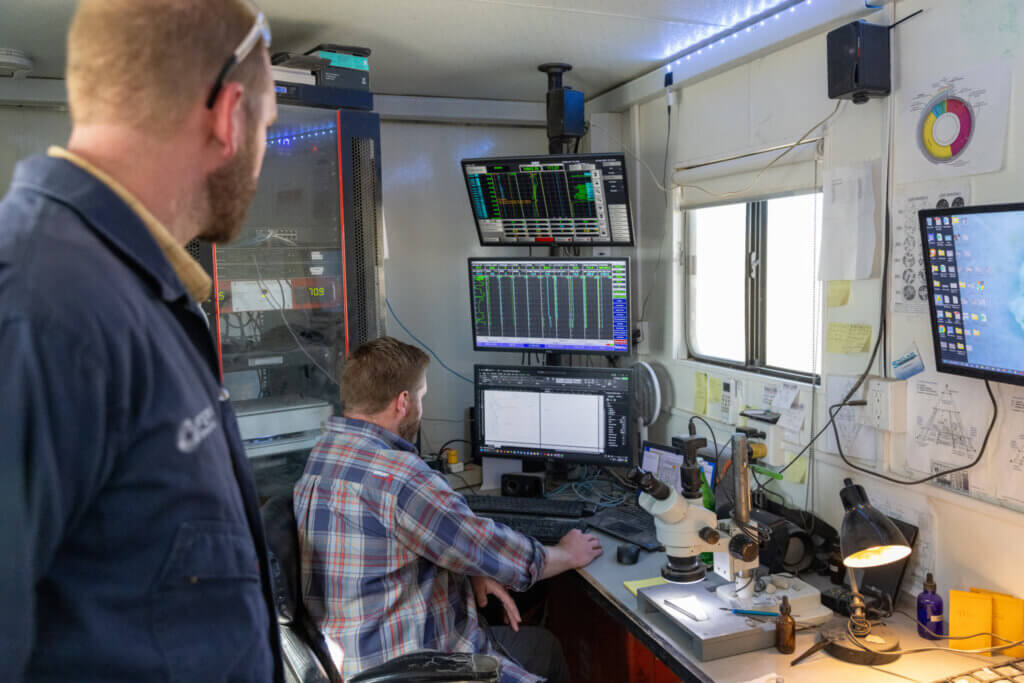 In 2024, Elemental invested in Fervo again through an innovative Development-SAFE (D-SAFE), and helped create the first-ever Geothermal Apprenticeship Program with Southern Utah University (SUU). The program combines hands-on training at Cape Station with virtual coursework. Elemental provided the capital to fund the program, supported Fervo as they developed a partnership with SUU, and partnered on storytelling about and launch of the program. Just three months after the launch of the program, there were already 26 apprentices enrolled—all transitioning from oilfield services careers as mechanics, wireline operators, and well intervention specialists. This success is catalyzing broader initiatives at SUU including a geothermal education roadmap, the formation of an industry council, and knowledge transfer between oil/gas specialists and Utah’s growing geothermal sector.
In 2024, Elemental invested in Fervo again through an innovative Development-SAFE (D-SAFE), and helped create the first-ever Geothermal Apprenticeship Program with Southern Utah University (SUU). The program combines hands-on training at Cape Station with virtual coursework. Elemental provided the capital to fund the program, supported Fervo as they developed a partnership with SUU, and partnered on storytelling about and launch of the program. Just three months after the launch of the program, there were already 26 apprentices enrolled—all transitioning from oilfield services careers as mechanics, wireline operators, and well intervention specialists. This success is catalyzing broader initiatives at SUU including a geothermal education roadmap, the formation of an industry council, and knowledge transfer between oil/gas specialists and Utah’s growing geothermal sector.
“I used to work as a drilling engineer in oil and gas. I pursued geothermal drilling at Fervo because of the opportunity to use my skills in the renewable energy space, which has a ton of growth potential.” – Carlos Menendez, Fervo Energy drilling engineer
In addition to supporting Fervo in building a skilled workforce pipeline, this strategic capital injection significantly de-risked the project for other investors by helping Fervo meet apprenticeship requirements for bonus IRA tax credits. In December 2024, Fervo secured an additional $255M of corporate equity and debt financing, including a letter of credit and term loan facility from Mercuria, one of the world’s largest independent energy and commodity groups.
Creating a Regional Economic Catalyst
From a 3.5MW Nevada pilot to a 400MW utility-scale Utah project, the Fervo partnership exemplifies Elemental’s approach to climate innovation: strategic capital and project expertise at pivotal moments that removes barriers to scale.
What began as a targeted workforce development initiative for a single company is serving as a model for other apprenticeship programs around the country. In addition, in Utah, this initiative is evolving into a regional economic catalyst. Over the full life of Cape Station (Phases I & II), the development is expected to enable the following impact*:
- 6,602 temporary jobs projected during construction and 161 full-time operational positions
- $437M+ in wages across the project
- $1.1 billion in projected local economic activity throughout construction and operations
By creating blueprints for workforce development, supply chain resiliency, and community engagement, Elemental’s approach demonstrates how targeted capital and expertise can create sustainable economic ecosystems – with local jobs supporting not only the growing renewable energy system but also integrating as part of a healthy community – that extend far beyond a single company.
*Estimates based on the National Renewable Energy Laboratory (NREL)’s Jobs and Economic Development Impact (JEDI) model


